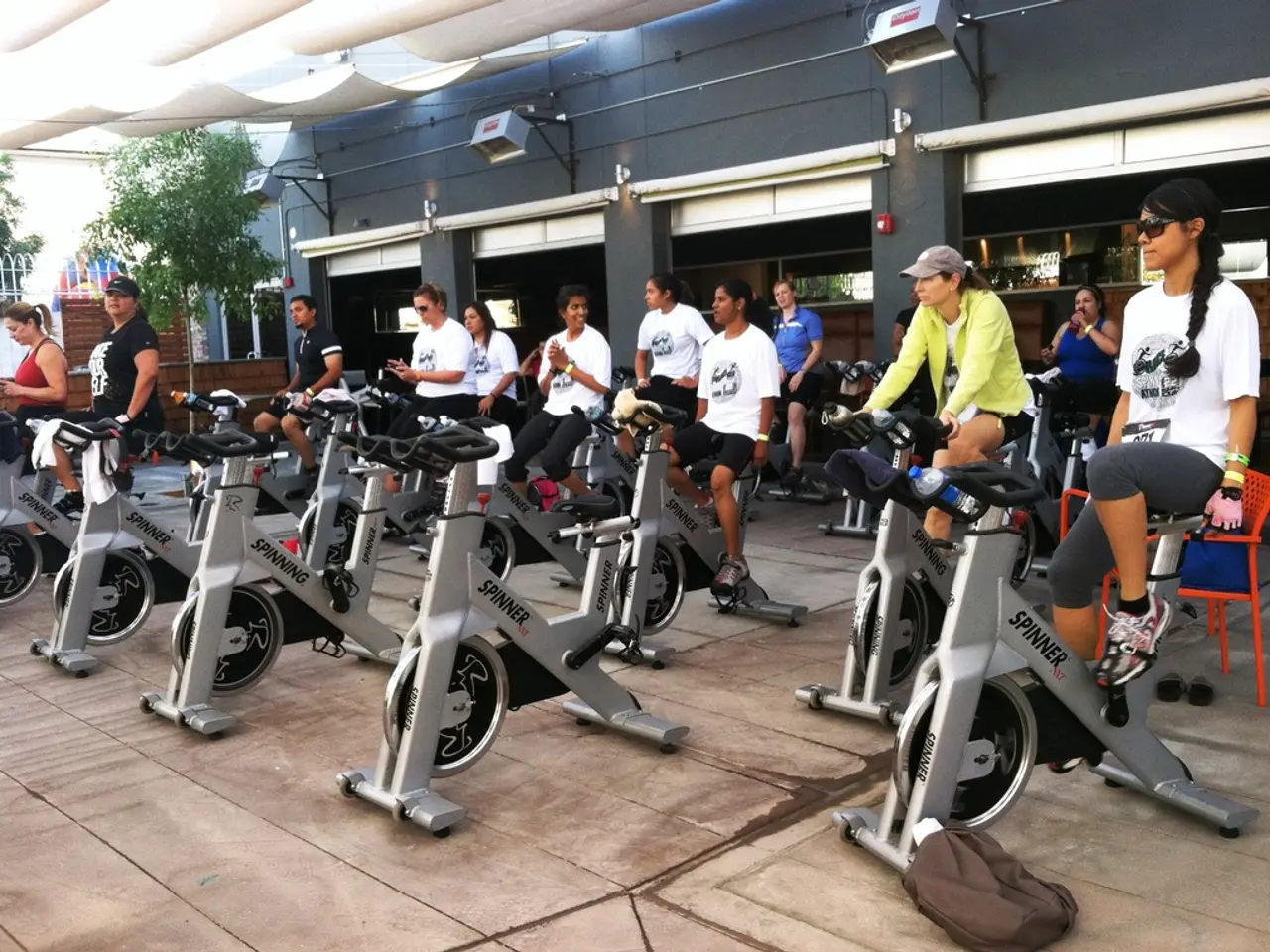Exploring the Key to Centenarian Success: Insights from the 'Blue Zones' Regions
In the quest for a longer and healthier life, we can look to the Blue Zones – regions around the world with exceptionally high concentrations of centenarians. These areas, which include Okinawa, Japan, Sardinia, Italy, Loma Linda, USA, and Nicoya, Costa Rica, hold valuable lessons for those seeking to emulate their extraordinary longevity and wellness.
One of the key factors contributing to the health and vitality of Blue Zone residents is their emphasis on natural, regular physical activity. Instead of formal exercise routines, physical activity is integrated into daily life, with activities such as walking, gardening, and community care being commonplace. This approach to movement ensures that exercise becomes a natural part of life, rather than a chore.
Another crucial aspect of the Blue Zones lifestyle is the plant-forward diet. The dietary choices in these regions prioritize a plant-based diet rich in fruits, vegetables, whole grains, nuts, and seeds. Emphasis is placed on mindful eating, eating until one is 80% full, and consuming plant-based proteins like beans. This diet, which is low in processed foods and dairy (often replaced by sheep or goat products in fermented forms), is associated with improved health outcomes and longevity.
Strong social connections and community engagement are also vital in Blue Zones. These communities foster a sense of belonging, promoting mental health, resilience, and overall well-being. Grandparents who provide child care for their grandchildren, for example, have a lower mortality risk, as this intergenerational connection brings joy and fulfilment and provides a sense of purpose and responsibility.
In addition to these factors, Blue Zone residents understand the importance of purposeful living and balanced lifestyle habits. Cultivating a positive mindset and effective stress management techniques are crucial components of this lifestyle, as chronic and acute stress can contribute to ageing diseases. Different Blue Zone communities have different stress management practices, such as meditation, prayer, or spending time in nature.
By adopting the practices and lessons from the Blue Zones, individuals can pave the way for a longer and healthier life. It's important to remember that while genetics influence about 25% of lifespan, lifestyle, environment, and social factors have a far greater impact in these regions. The cumulative effect of these integrated habits fosters not just longer life but significantly healthier and more fulfilling years.
In Okinawa, Japan, which has the highest concentration of centenarians in the world, with more than 35 per 100,000 people, we can see the synergy of these factors at work. The Okinawan diet is rich in soy, fish, sweet potatoes, and green and yellow vegetables, while physical activity is a part of daily life. The community is tightly knit, with a strong sense of purpose and social support.
In summary, longevity and wellness in the Blue Zones emerge from a synergy of natural movement, plant-forward diets, social connectedness, purposeful living, and minimal processed food consumption – all deeply embedded in cultural daily practices and environments. By learning from these communities and incorporating their practices into our own lives, we can take a significant step towards a longer, healthier, and more fulfilling life.
- The emphasis on natural, regular physical activity in Blue Zones, such as walking, gardening, and community care, is integral to the residents' health and vitality.
- A plant-forward diet, low in processed foods and high in fruits, vegetables, whole grains, nuts, and seeds, is a key factor in the dietary choices of Blue Zone residents.
- Strong social connections and community engagement play a vital role in the Blue Zones lifestyle, fostering mental health, resilience, and overall well-being.
- Adopting the practices of Blue Zones, including natural movement, plant-forward diets, social connectedness, purposeful living, and minimal processed food consumption, can significantly contribute to a longer, healthier, and more fulfilling life.




